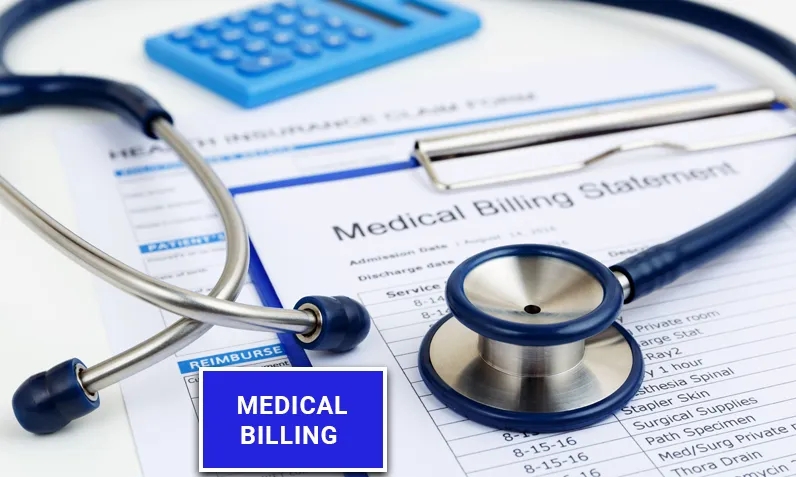Have you ever been to the emergency room? Emergency billing works behind the scenes, like superheroes handling the financial side of all those tests and treatments. It’s different from regular billing because things move super fast, cases are often complicated, and sometimes even figuring out who pays what can be a puzzle.
But these billing experts tackle it all, making sure hospitals get paid and patients understand their bills, even amidst the medical drama. They’re the financial adhesive that keeps emergency care running smoothly.
In the whirlwind of emergency medical care, the last thing anyone wants to think about is billing. Yet, understanding emergency billing services can be crucial for both patients and healthcare providers. The following brief explores this complex world and sheds some light on the essential facets of these healthcare billing services.
What is an Emergency Billing Service?
Emergency billing services handle the administrative and financial aspects of care provided in emergency departments (EDs). It includes tasks like:
- Verification of insurance coverage – Confirming a patient’s eligibility for coverage and obtaining necessary information.
- Coding and claims submission: Classifying procedures and diagnoses into standardized codes for accurate insurance billing.
- Denial management – Appealing denied claims and working with insurance companies for reimbursement
- Patient billing – Creating and collecting out-of-pocket expenses from patients with limited or no insurance
Why is Emergency Billing Service Important?
- Efficient financial management: Proper billing ensures healthcare providers receive fair compensation for services rendered, allowing them to continue providing crucial emergency care.
- Patient transparency: Transparent billing practices create understanding and prevent unexpected financial shocks for patients.
- Resource allocation: Accurate billing data helps hospitals understand and optimize resource allocation within their emergency departments.
Challenges in Emergency Billing:
- Fast-paced environment: The chaotic nature of EDs can lead to incomplete or inaccurate patient information, which can impact billing accuracy.
- Complex regulations: Constantly evolving insurance regulations and coding requirements can be challenging to navigate for billing specialists.
- Patient anxiety: Financial concerns can add to the stress of medical emergencies, requiring a sensitive and supportive approach to patient billing.
Choosing the Right Emergency Billing Service:
- Experience and expertise: Look for providers with a strong track record in handling emergency billing and a deep understanding of insurance regulations.
- Technology and workflow: Ensure the provider utilizes appropriate technology and efficient workflows to handle the high volume of claims in a timely manner.
- Communication and transparency: Choose a provider with transparent communication practices and a commitment to keeping patients informed throughout the billing process.
Wrapping up
Emergency billing service isan essential cog in the healthcare system, ensuring financial stability for providers and transparency for patients. By understanding their role and choosing the right partner, individuals, and healthcare facilities can navigate the complexities of emergency billing with greater confidence and ease.

Leave a comment